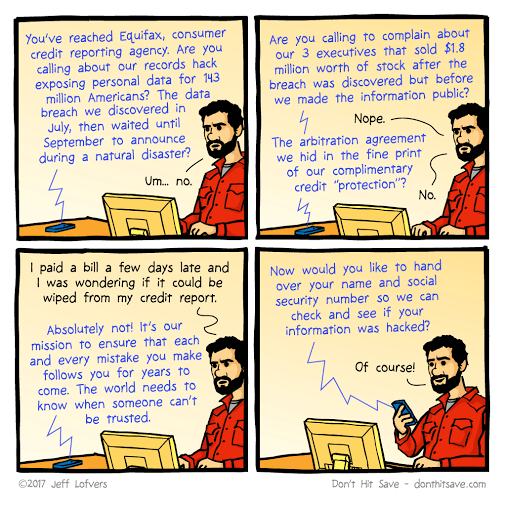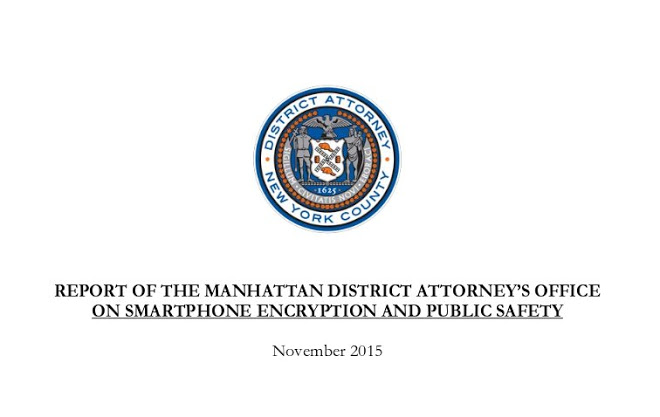Um …
“The Hill” is a right-of-center political news site — not whackadoodle time, and often informative, but averaging out usually pro-GOP. Which makes this nearly incoherent story about Trump being interviewed by them quite a bit more … disturbing.
I mean, individual elements of it are zany enough, like Trump’s Queeg-like fascination with some massive FBI plot against him that he has now foiled by releasing a selected bunch of classified documents tomorrow … which documents he says he hasn’t read but is sure will make it clear that the entire FBI has been out to get him, which is why he should have fired Comey back when he won his first primary, oh, wait, no, he couldn’t have fired him then, he should have fired him his first day on the job …
Anyway, all that conspiracy, and the texts, all the texts, and the documents, and FISA, and maybe those FISA judges were misled, or maybe they were actually in on it, hmmmmm, he’s not sure because he isn’t doing anything to the FISA courts (yet), but poor Carter Page …
… anyway, he’s happy to grandiosely …
… show the public the FBI probe started as a “hoax,” and that exposing it could become one of the “crowning achievements” of his presidency. “What we’ve done is a great service to the country, really,” Trump said in a 45-minute, wide-ranging interview in the Oval Office.
“I hope to be able to call this, along with tax cuts and regulation and all the things I’ve done… in its own way this might be the most important thing because this was corrupt,” he said.
Right. The crowning glory of his presidency will be to … have stopped a plot … against his presidency. Because it’s always about him.
I mean, the individual components of what he’s quoted as saying are tinfoil hat crazy enough. But if the conversation actually is paralleled by how it’s presented here, or, worse, assuming The Hill has tried to actually beat it into some sort of narrative sense … well, the whole thing is a huge, rambling mess. I mean, literally, has me wondering about his mental fitness sort of a mess.
Just wait until he starts investigating who stole the frozen strawberries from the White House refrigerator …
EXCLUSIVE: Trump says exposing ‘corrupt’ FBI probe could be ‘crowning achievement’ of presidency
By John Solomon and Buck SextonOpinion Contributors














